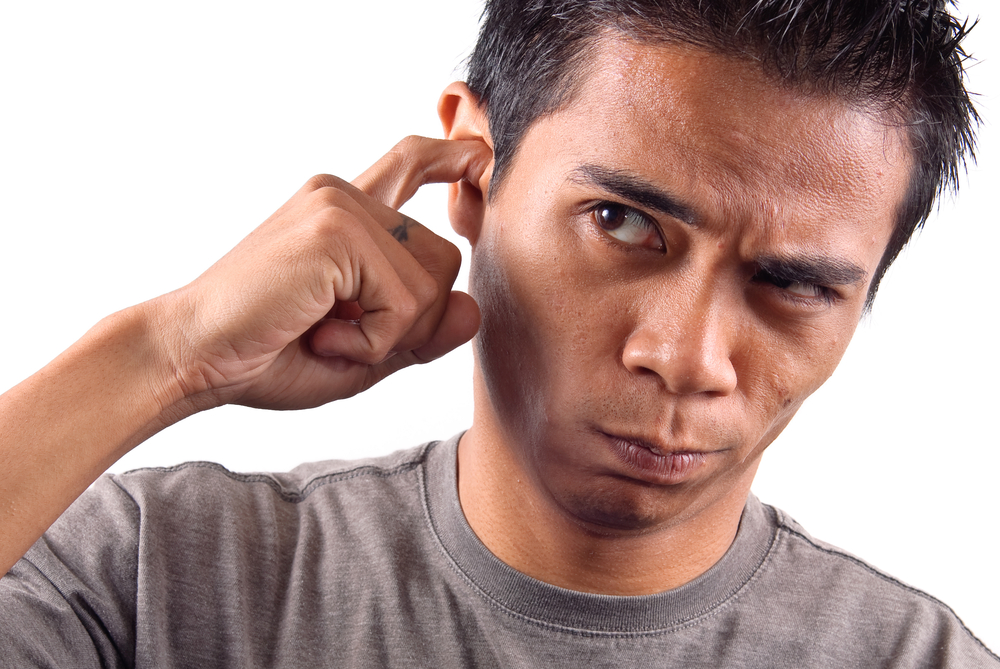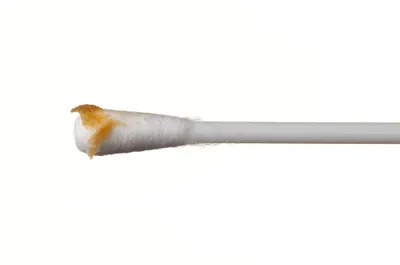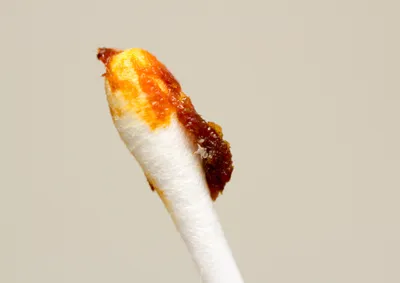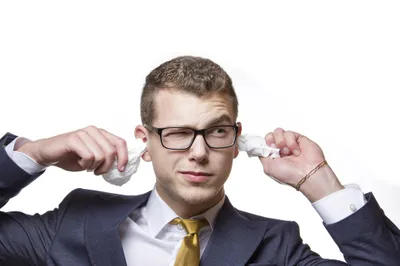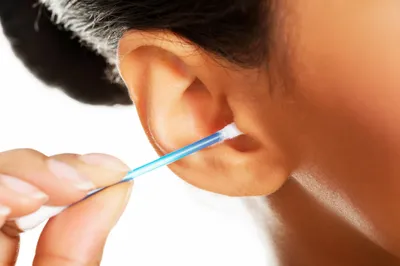You probably don’t pay too much mind to your earwax, unless the gunk between your ears is causing discomfort, an itch, or an unsightly embarrassment.
However, earwax can tell a lot about a person—much more than personal hygiene alone. Here are a few little known facts about earwax and what it does for your health…
1. What is Earwax?
Quite literally, earwax is made up of a compact mixture of sloughed-off skin and oil. However, the more functional side of earwax, unsightly as it might be, is quite healthy. Earwax works to self-clean your inner ears, by lubricating the ear canal and forming a waxy build up that protects the eardrums and forces bacteria, dirt and, dust out of the ear.
2. Earwax Prevents Irritating Itch
Earwax has another functional purpose—just like tears lubricate the eyes to prevent itching, the apocrine glands in the inner ears secrete earwax in order to lubricate the inner ear canal, preventing dryness and irritation.
3. Stress Increases Earwax
Did you know that the same glands responsible for exuding earwax, the apocrine glands, are the same type of glands that produce sweat? According to the American Speech-Language-Hearing Association, this explains why stress not only increases perspire, but also earwax production. If your earwax is dark and sticky, you are more likely stressed and even a bit stinky!
4. Don’t Stick That in There!
Believe it or not, your body rids itself of earwax quite naturally. As you use your lower jaw—chewing, talking, yawning, etc.—this motion gradually pushes the wax through the ear canal and out—zero Q-tips required!
5. Cotton Swabs and Q-Tips Can Be Dangerous
Drop that Q-Tip or cotton swab! Your actually making matters worse by trying to clean your ears. The inward motion actually forces and compacts the wax further inward toward the ear canal where it can impair your hearing and cause painful wax buildup.
6. Is Ear Candling Safe?
Not so much say doctors at the Seattle-based Swedish Neuroscience Institute’s Center for Hearing and Skull Base Surgery. In fact, the US Federal Drug Administration (FDA) claims there is no proof that the practice actually works and calls the safety concerns into question—for instance, burning object into your ear leaves you prone to burns, blocked ear canals, and even ruptured or perforated eardrums.
7. When Earwax is Problematic
An earwax blockage tends to occur only in one ear and is characterized by the following symptoms:
- Dull sounds in the ear—a condition called Tinnitus
- Ear pain or inner ear ache
- Impaired hearing
- A full sensation in the blocked ear

8. Safe Removal of Ear Wax
If you’re prone to earwax buildup, doctors at the Mayo Clinic recommend applying a warm washcloth over the ear or applying a few drops of baby oil and hydrogen peroxide to loosen stubborn wax. If the blockage worsens, your doctor can safely remove wax using a curette (a small, curved metal tool) paired with suction and a water pick or syringe filled with warm water to flush and clear the affected ear.
